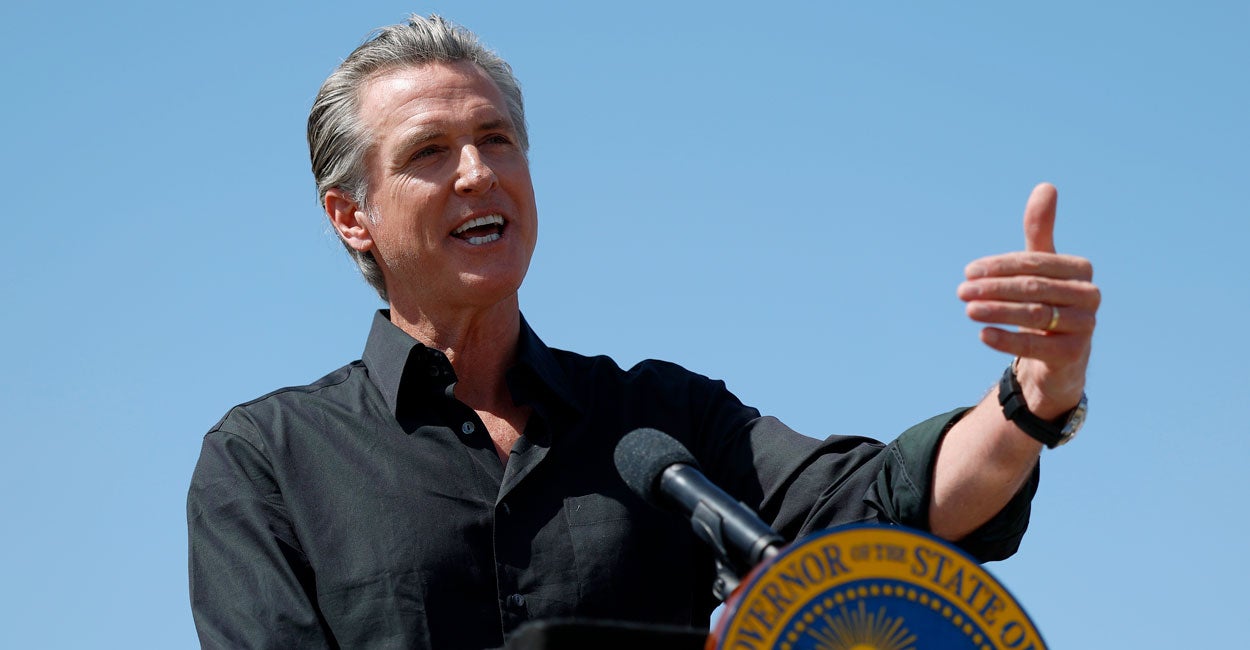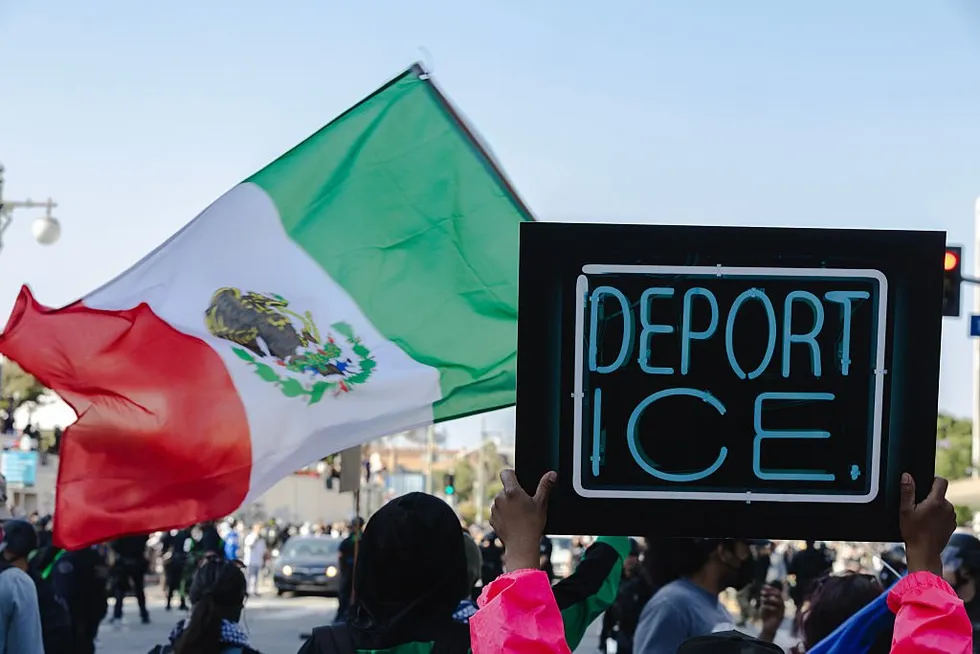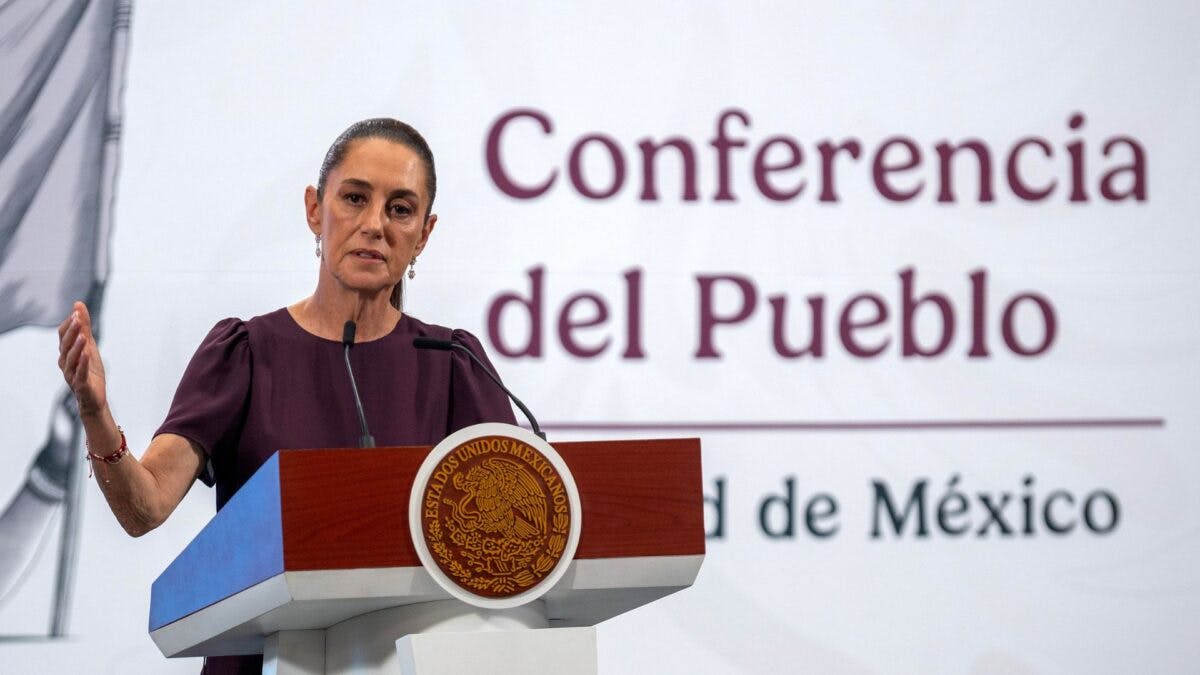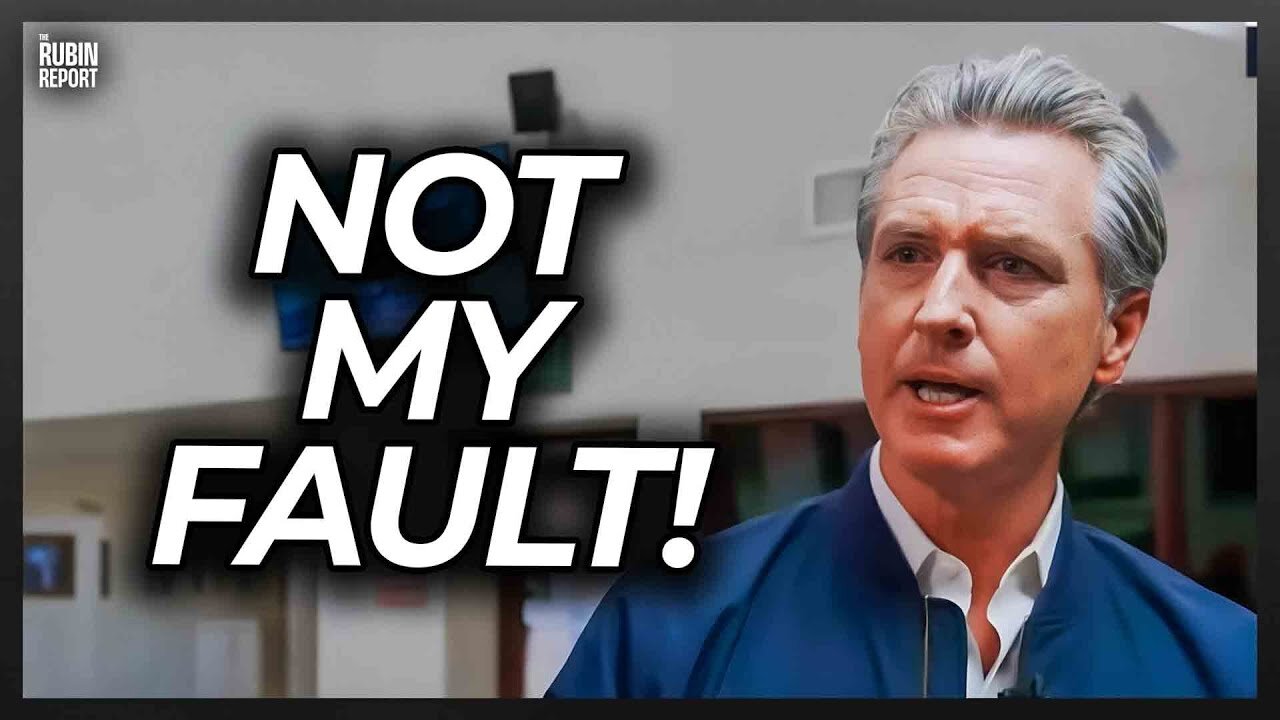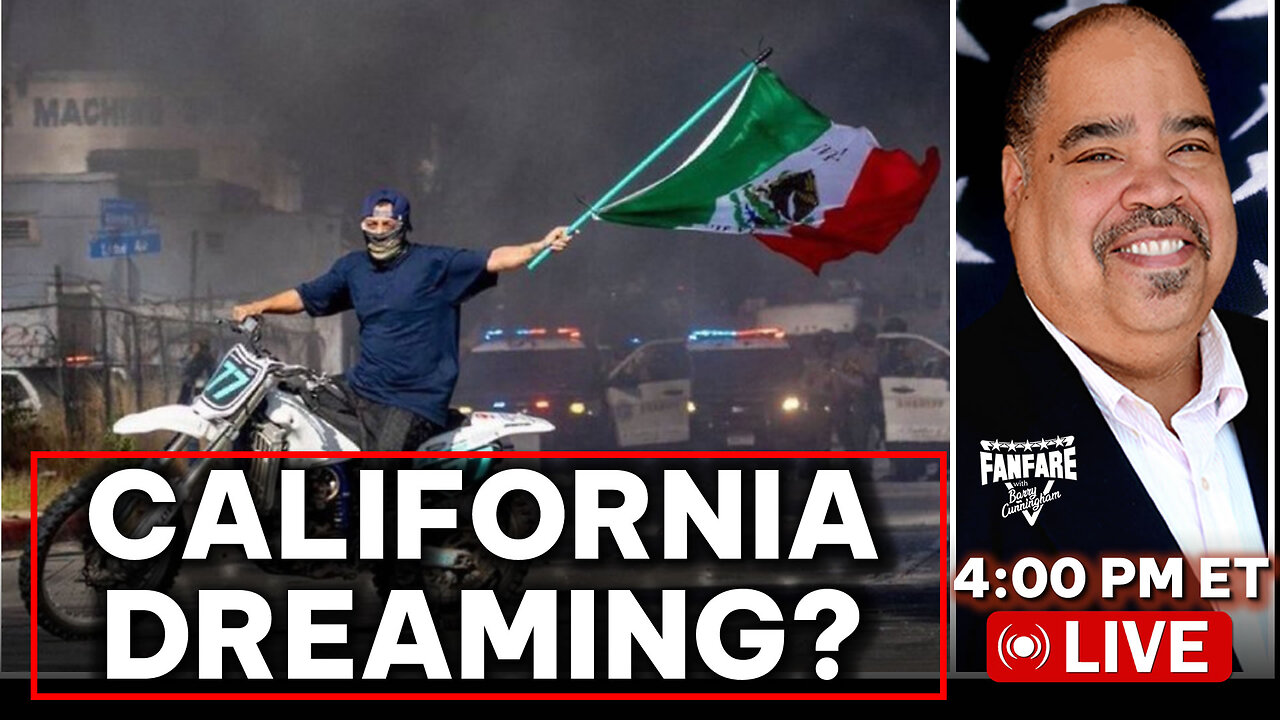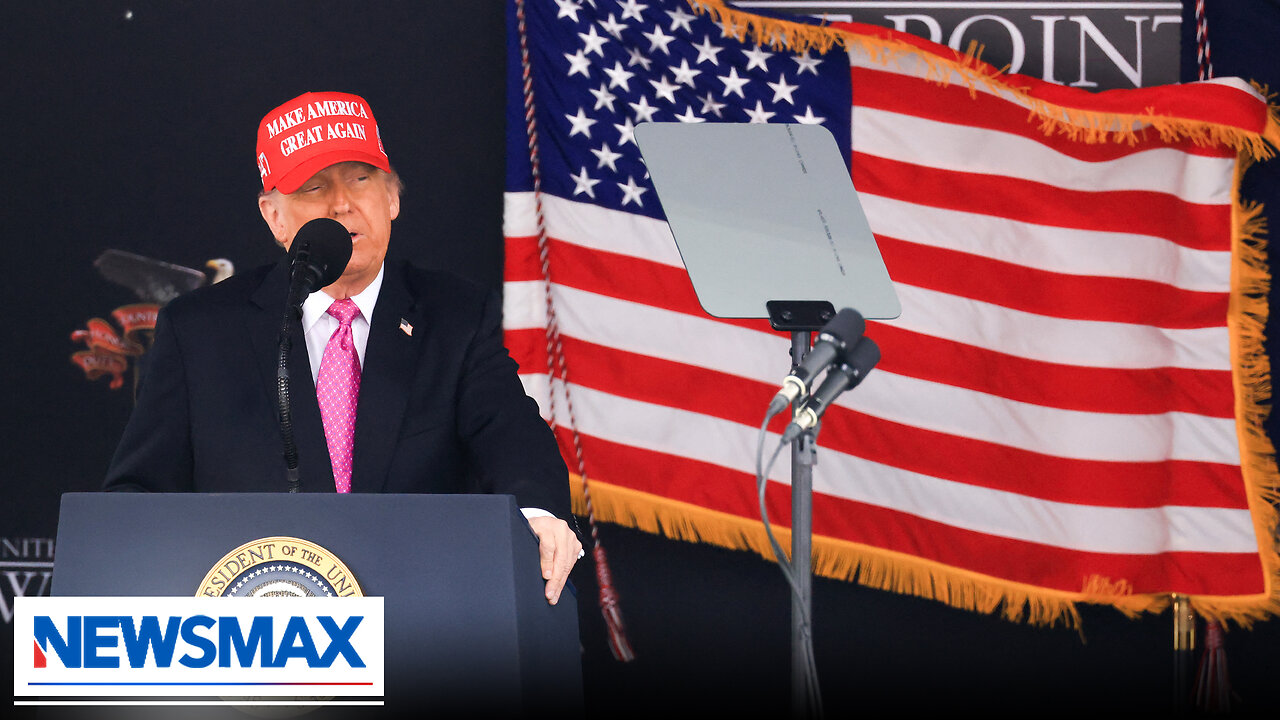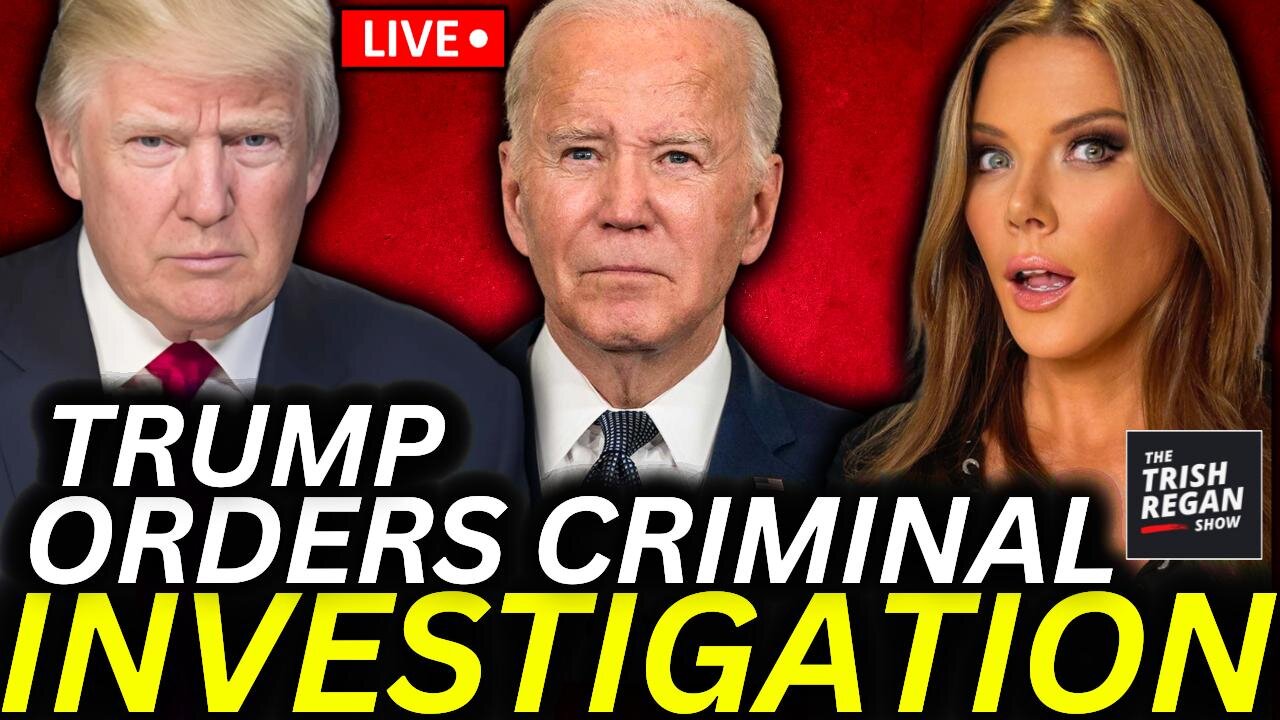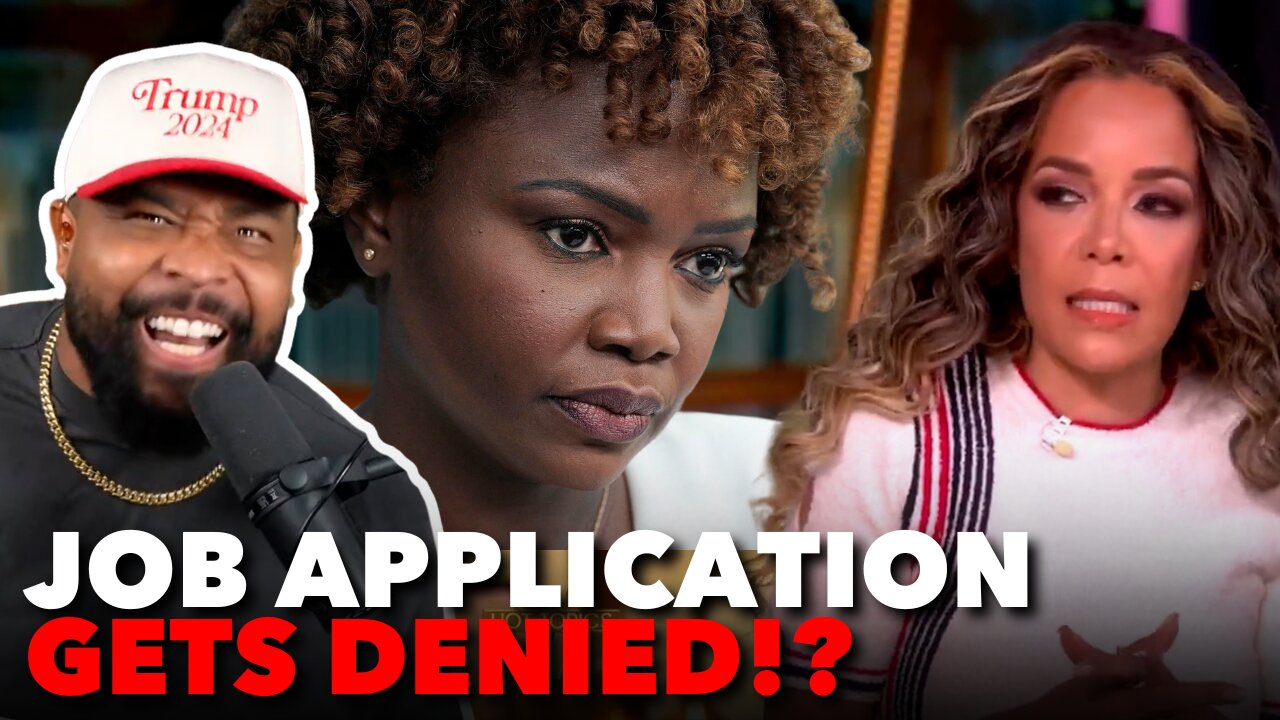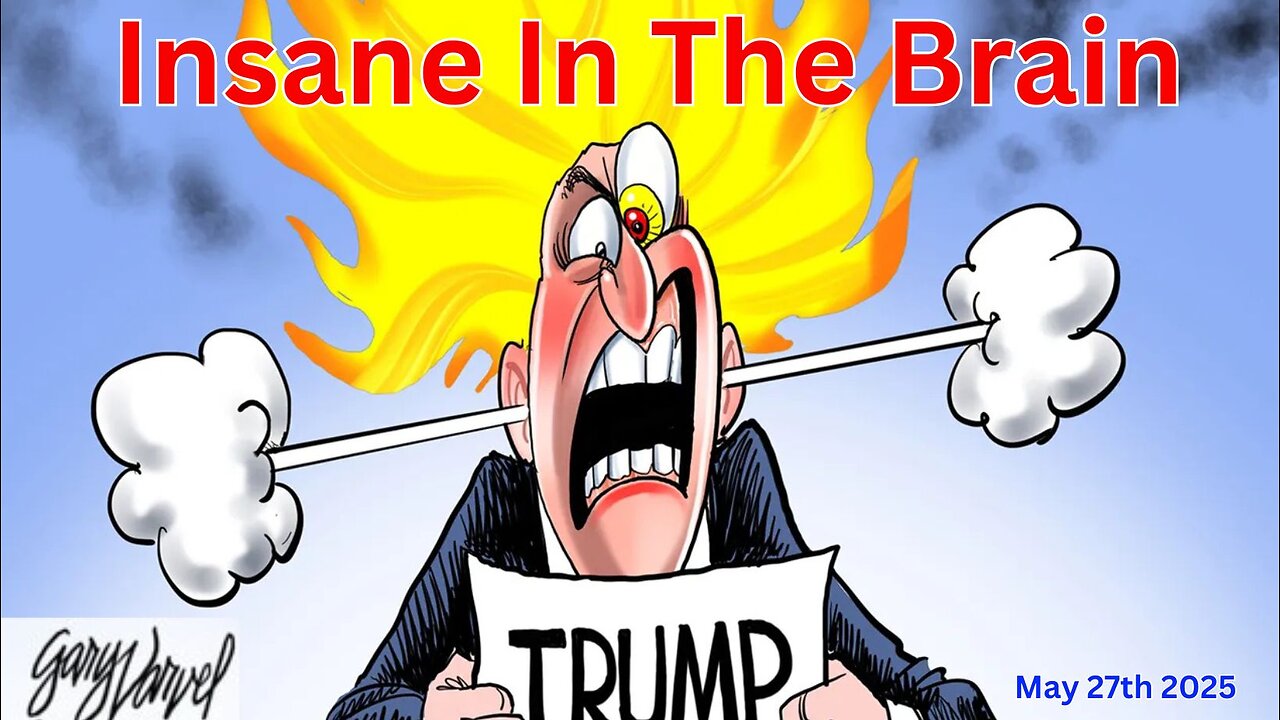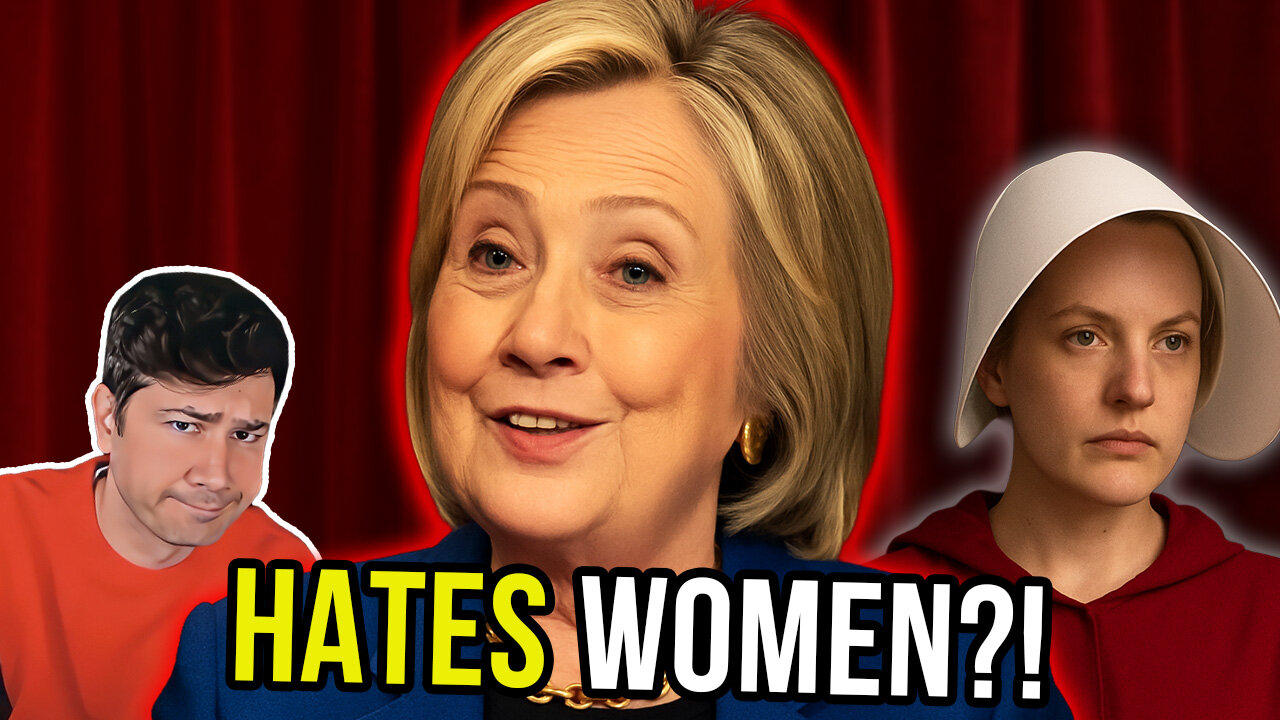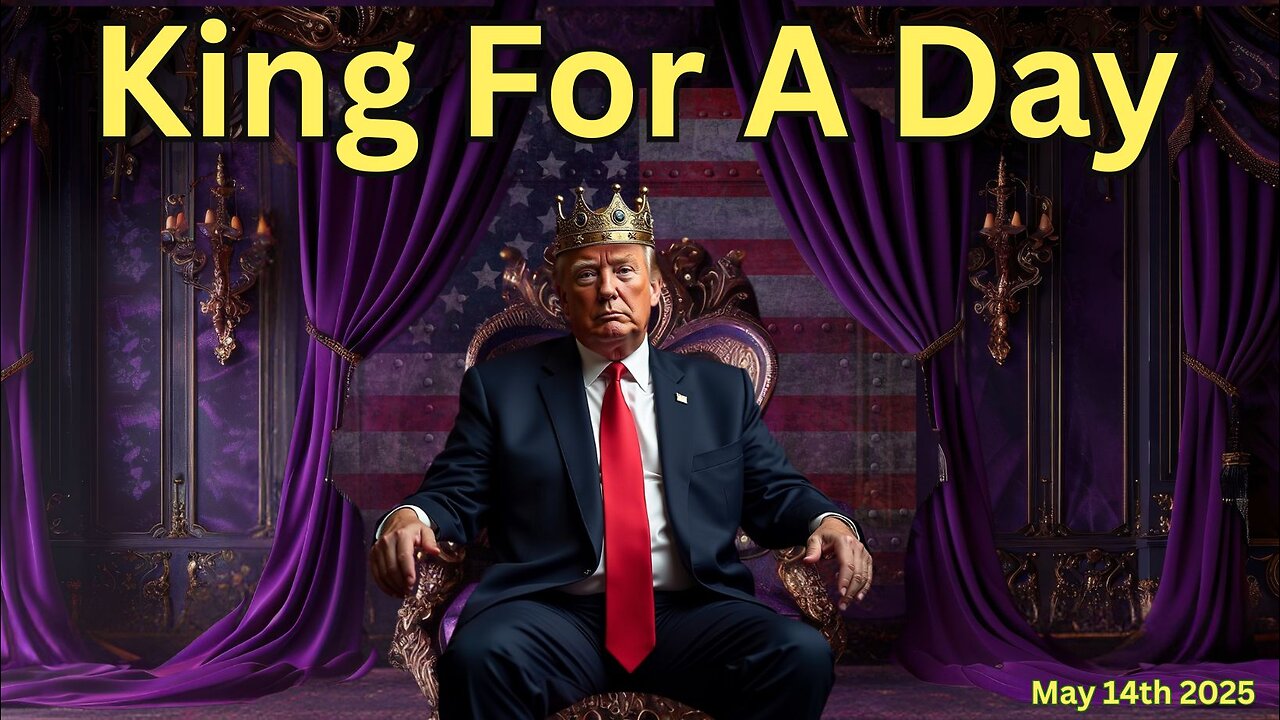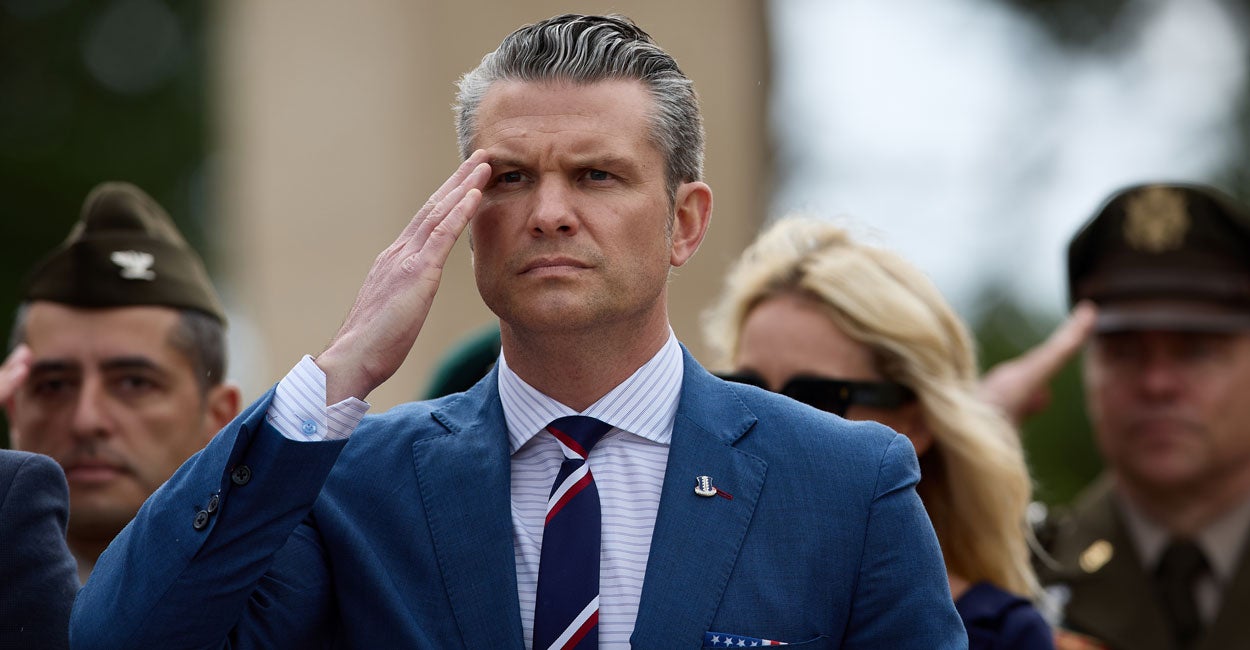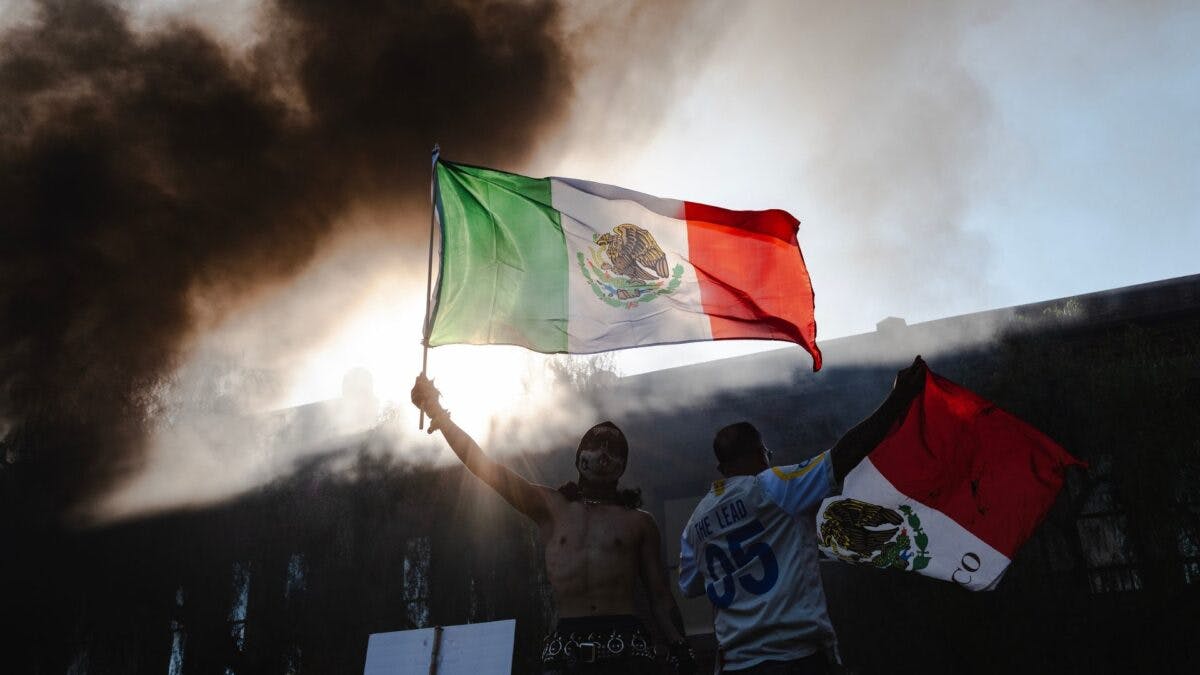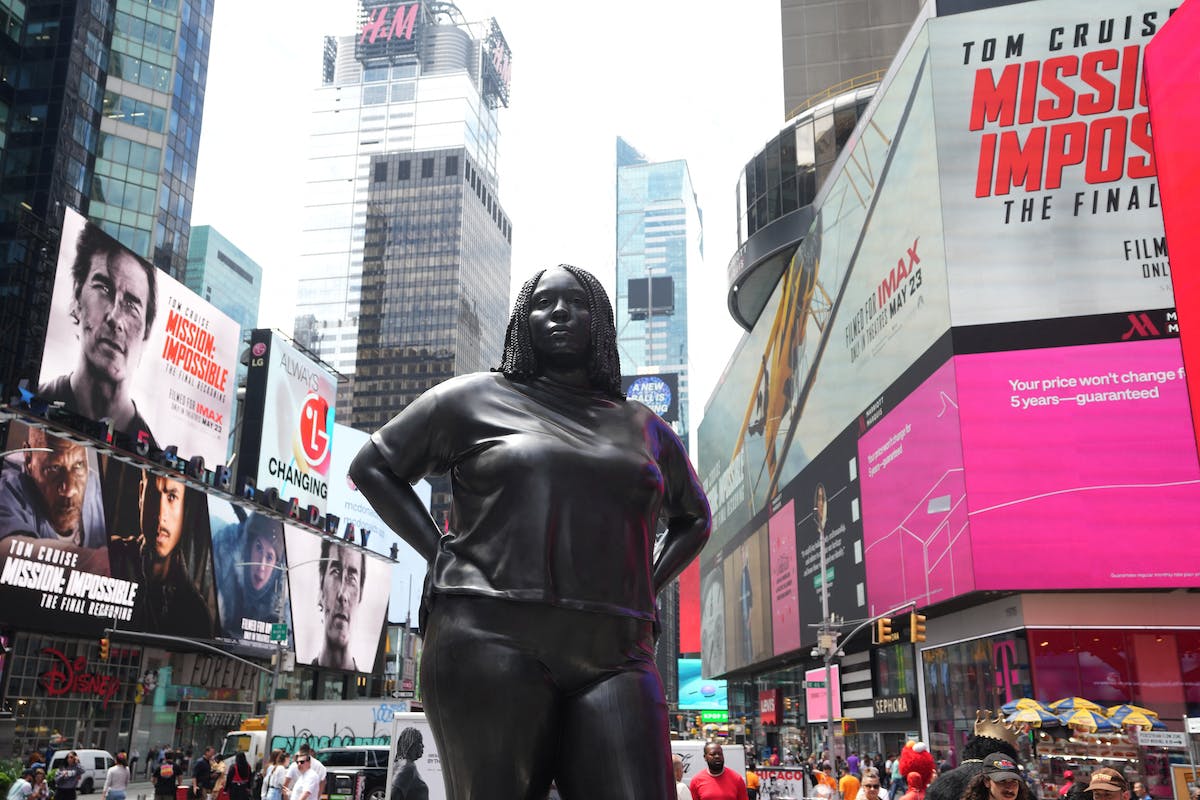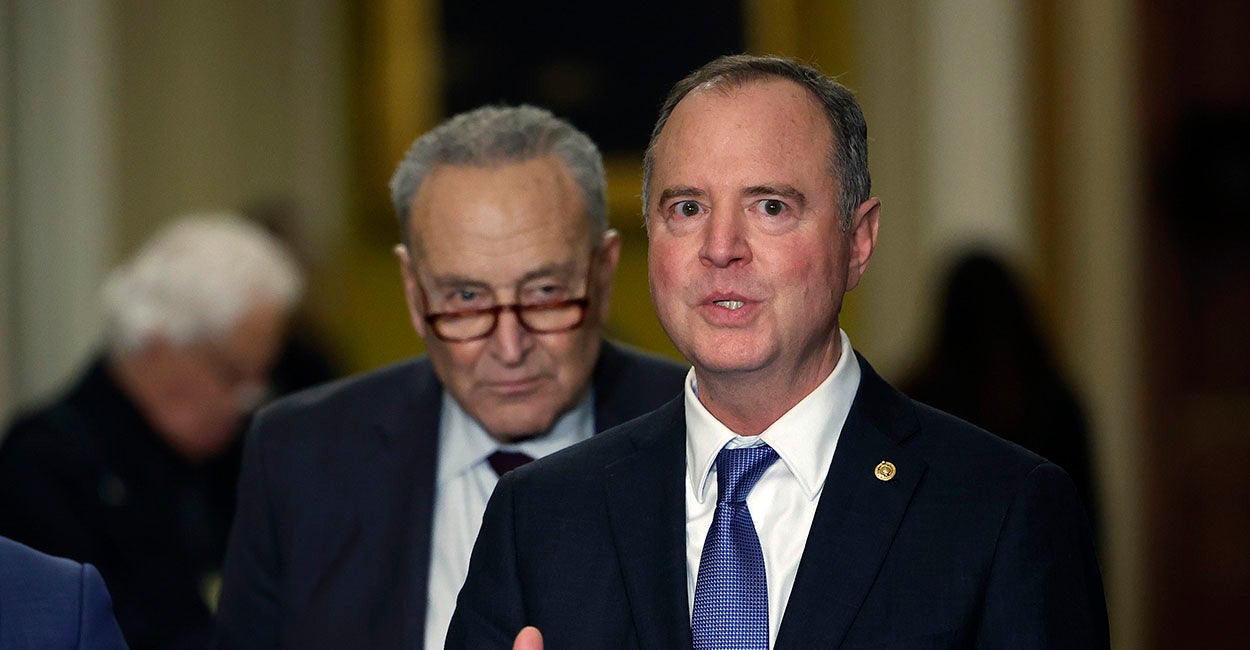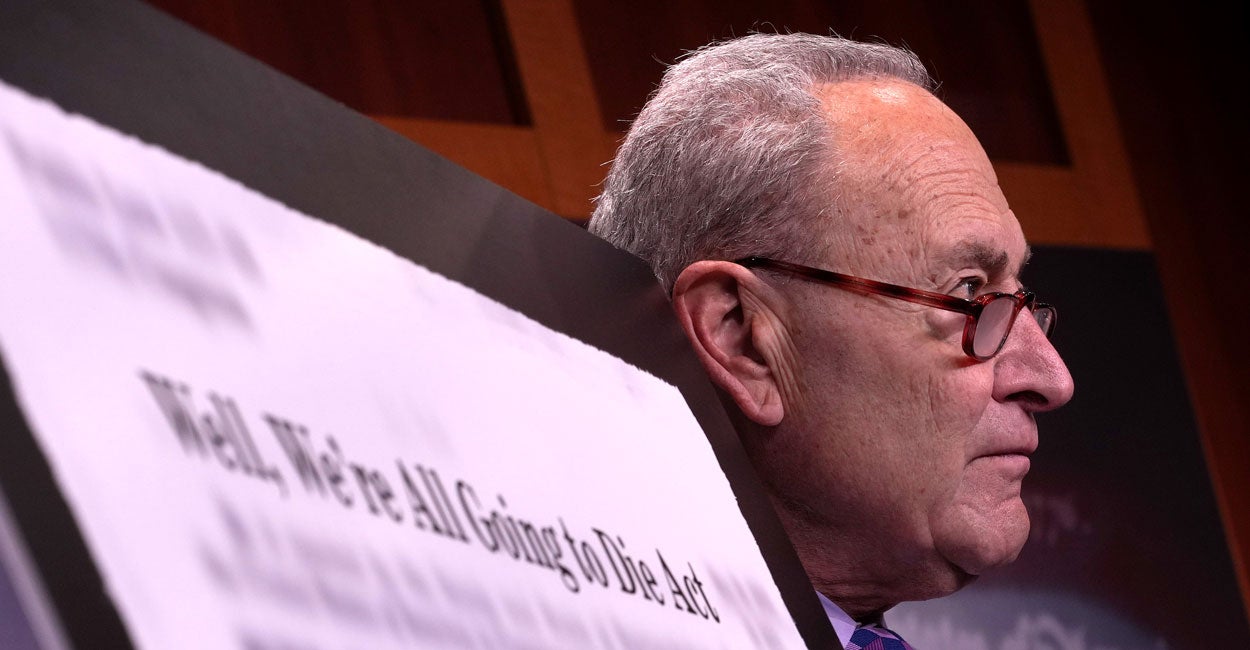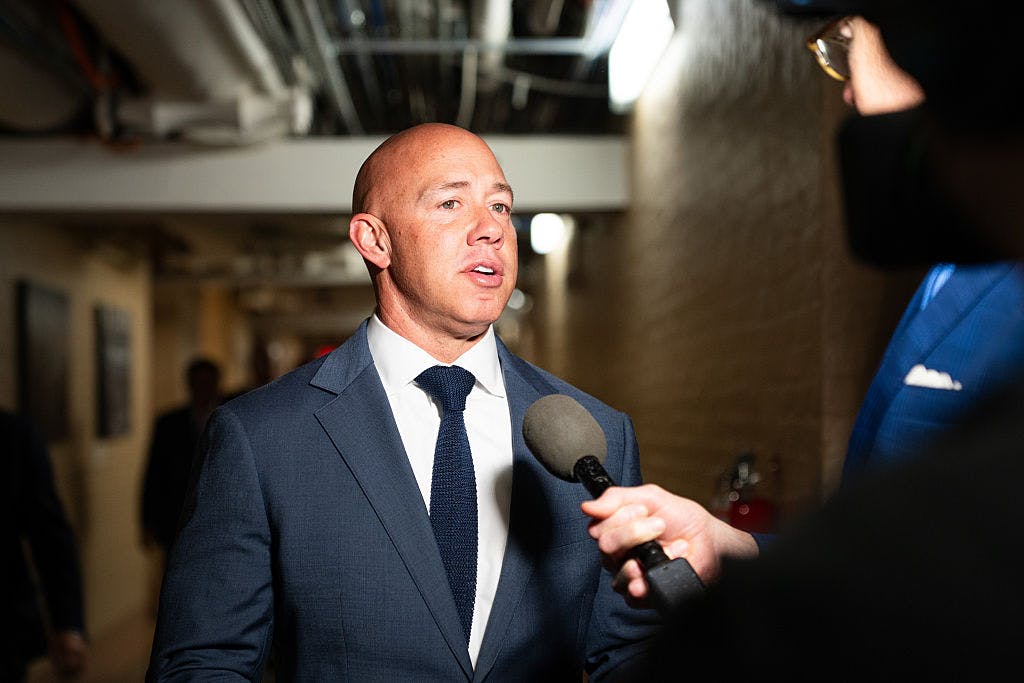Trump’s pardons can extend to elector cases, too


The biggest furor over Joe Biden’s sweeping pardon of his son Hunter has been from Deep Staters who resist any limits on political prosecutions, which Democrats have been abusively using against Trump and his supporters. A recent headline in the liberal Washington Post screams, “The political case for limiting pardon power.”
The U.S. Supreme Court, including the eminent Chief Justice William Rehnquist, repeatedly emphasized that pardons are “rarely, if ever, appropriate subjects for judicial review” because they are the authority of the executive, including the president. The pardon clause in the Constitution extends to all crimes “against the United States.”
The Constitution broadly uses the term “United States” to refer to all the States, as in “We the People of the United States” in the Preamble. The Constitution refers in Article I, Section 8, to the “general Welfare of the United States.”
President Ulysses S. Grant pardoned officials convicted under state law for the criminal offense of allowing Susan B. Anthony to vote in the 1872 presidential election. President Grant’s power to pardon for that crime is widely supported, even though the officials were convicted under state rather than federal law.
The U.S. Department of Justice, which prosecutes federal crimes today, did not even exist prior to 1870. The only federal crimes mentioned in the original Constitution are treason, piracy on the high seas and counterfeiting; the pardon power extends beyond those and not merely to federal crimes as some argue.
The ongoing political prosecutions of Republican electors in Arizona, Georgia and Michigan allege crimes related to the 2020 election for president of the United States, and Trump can grant pardons to end this abuse of power by local prosecutors. These were not common law crimes such as murder or robbery, which might arguably be beyond presidential pardon authority.
On Tuesday, Democrats in Wisconsin filed sweeping new criminal charges against Trump advisers and supporters based on disputes over the 2020 election, which the American People resolved in favor of Trump by reelecting him last month. These and similar charges can and should be pardoned by President Trump on Jan. 20, as this is within the broad presidential pardon power and necessary to ensure Trump can obtain candid advice.
When the State of Colorado wrongly excluded Trump from being on its ballot for the presidential primary there earlier this year, the U.S. Supreme Court agreed 9-0 that this was an improper action affecting the entire United States. The Court reversed the Colorado Supreme Court for the good of our entire Nation, just as Trump should end the political prosecutions by Alvin Bragg, Fani Willis, Josh Kaul and Kris Mayes.
Alexander Hamilton wrote in Federalist No. 74 “that the benign prerogative of pardoning should be as little as possible fettered or embarrassed.” James Monroe, a popular early conservative president, granted 419 pardons.
The King of England’s pardon power, on which our constitutional pardon power is based, withstood attempts there to narrow it, other than not allowing it to extend to impeachment as our Constitution also states. An attempt at the Constitutional Convention in Philadelphia to remove treason from the scope of the pardon power was defeated by a vote of 8 states to 2.
Pardons issued by President George Washington and many presidents ever since have been broad in scope, such that state prosecutions did not proceed after the grant of these presidential pardons. Democrat President Bill Clinton was the first to issue a posthumous pardon in 1999, which some questioned because the deceased recipient could not accept it, but no one challenged it.
The Supreme Court held that the president’s pardon power “extends to every offence known to the law, and may be exercised at any time after its commission, either before legal proceedings are taken, or during their pendency, or after conviction and judgment,” in Ex parte Garland (1867). President Millard Fillmore granted a conditional pardon to spare the execution by hanging of a convicted murderer in the District of Columbia, as upheld by the Supreme Court in Ex parte Wells (1856).
Biden set the precedent by broadly pardoning his son, which should silence the liberal media when Trump does likewise soon for victims of political prosecutions. Democrats can hardly complain about the full use of the pardon power by Trump now, which can extend to politically motivated state prosecutions.
Our Founders would be appalled at the overbearing police state of today, whereby congressmen, Cabinet officials and even presidents have been terrified of what low-level attorneys may do to them by filing criminal charges in biased courts. It is long overdue to rein in the tyranny by politically motivated prosecutors, federal and state, through Trump’s full use of the pardon power.
What's Your Reaction?
 Like
0
Like
0
 Dislike
0
Dislike
0
 Love
0
Love
0
 Funny
0
Funny
0
 Angry
0
Angry
0
 Sad
0
Sad
0
 Wow
0
Wow
0
